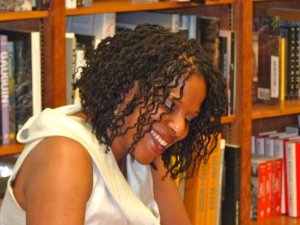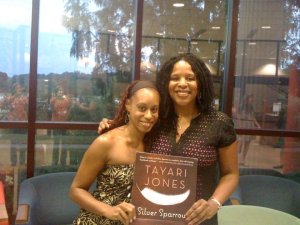Note: I wrote this a few months ago – late winter, early spring. I sat on it for weeks and worked it a bit in June. Not sure why I’ve not posted it until now…
For the past several weeks, my flight has departed from or returned to the international terminal of the Atlanta airport. This, despite the fact that I was only traveling to and from Cleveland, of all places. Each week I have been struck – overcome really – by the abundance of soldiers in this terminal, dressed in their telltale camouflage. They’re men and sometimes women of all colors, sizes, ages. Sometimes on phones, sometimes on computers, sometimes deplaning from parts unknown, but oftentimes sitting. Waiting.
Today, however, I was struck by you.
Now for sure you are not the first female soldier I’ve ever seen. You are not the first black soldier I’ve ever seen. You are not the first black woman soldier I’ve ever seen. But today you captured my attention. Or more accurately, my heart.
As soon as I entered the concourse bathroom, I noticed you – slight, brown skin, dark hair slicked back in a ponytail. You looked eerily like me. Not babyishly young like some of the boys seem to look. Not particularly old like a career soldier on the verge of retirement perhaps; but about my age, maybe a little younger, a tad slimmer. You were going through your toiletries. It seemed you were unpacking. Repacking. Shifting. Transferring things from one pouch to another. Organizing perhaps. I don’t know, but I was moved.
She is me, I thought.
I felt my heart bursting with the overwhelming desire to embrace you. It was as if I were a vessel and Goddess wanted to send you a message of love.
I resisted it at first and headed to a stall. Yet I rushed, hoping you’d still be there when I finished, even though I really didn’t know if I had the courage to approach you. When I emerged, I washed my hands slowly, decidedly shy, stalling for time as other women entered the bathroom.
This is so silly, I said to myself, heart racing, belly full of butterflies. It’s just a hug.
You, still arranging. Me, hanging back, primping in the mirror a few paces to your right. Breath, shallow. Feet, cement blocks. I silently hurried the other women along. I didn’t want to sound crazy, I guess, to them or to you. The voice, the feeling, the knowingness – urged me, You have to do this.
I applied more burgundy lip gloss. Retied the matching scarf at my neck. Pulled my black dress straight. Gathering courage. Passing time.
Finally, coast clear, deep inhale, I approached you.
Excuse me?
You turned to me, face and heart open. Curious. My words tumbled out, a hurried explanation, an apology, I just have the urge to give you a hug. The words barely free of my lips, you threw your arms around me. And we shared a moment. Spirit embodied in flesh. Life to life. Heart to heart.
Throats tight, eyes swimming, we echoed words of thanks to each other. And then, you pulled away, barely above a whisper, You’re about to make me cry in this bathroom. You shook your head, eyes down, turned away. More organizing, packing, shifting.
As soon as I saw you, I had the urge to hug you. I couldn’t leave this bathroom without doing it. My parting words a confession, tossed out gracelessly over my shoulder. And I left, plodding down the terminal corridor, choking back tears, heart full, exhale.
I replayed the moment again and again along my walk to the escalator. I hoped you knew that all I felt in that moment was love. All I wanted for you in that moment was love.
Not fear. Not shame. Not worry. Not doubt. None of those things a person normally feels. I just wanted you to know…love.
That moment we shared was a moment of revolution.
Because loving a stranger is a revolutionary act.
Loving a soldier is a revolutionary act.
Loving my sister is a revolutionary act.
Loving myself is a revolutionary act.
I saw me, in you, and I loved us both.








